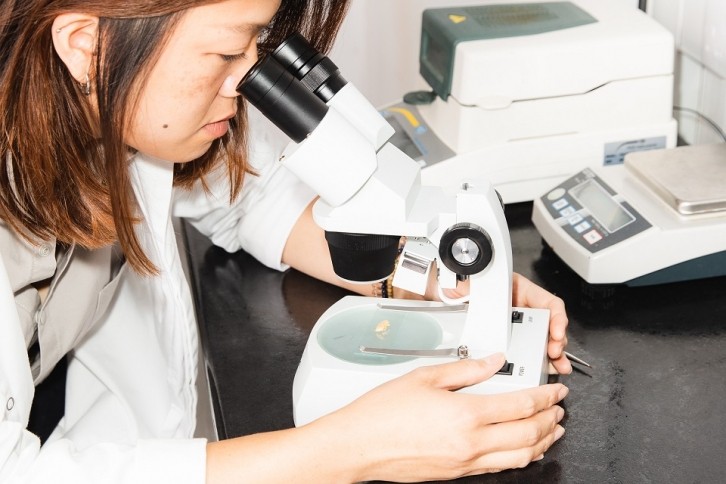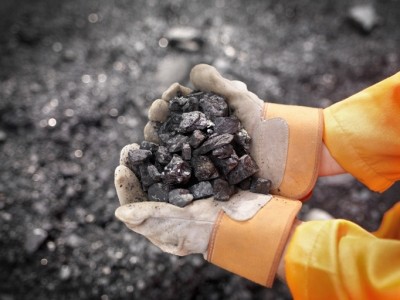UK research collaborators investigate how insect protein can decarbonize livestock production

The project, called InSAFE, is funded by Innovate UK and BBSRC as part of the novel low emission food production systems.
The initiative is looking to develop health and safety standards and protocols for insect farming in the UK. As part of the program, the team will also evaluate the use of non-permitted feedstocks, including pig slurry, chicken manure and sewage sludge, to rear Black Soldier Fly (BSF).
In a separate project, announced in April this year, the partners received funding to install a new insect rearing demonstrator facility, designed by Entocycle, at the National Pig Centre at the University of Leeds (UoL) research farm in Yorkshire. It is the only commercial demonstrator using non-permissive feeds in the UK and has been specifically built to meet the industrial requirements for handling such inputs.
Objectives of InSAFE
Gesa Reiss, senior innovation fellow, SMART Agri-Systems, at the UoL, gave us a deep dive into the goals of the InSAFE project:
"Unlike other studies that focus on the nutrient content of insect feedstocks to maximize insect growth performance, InSAFE will analyze the microbiome, pathogen load, presence of AMR genes and heavy metal content of permissive and non-permissive feedstocks before and after insect bioconversion, in addition to analyzing insect larvae and by-products such as frass.
"Uniquely, fecal samples will be collected from rearing facility operators at the National Pig Center and Entocycle before and after exposure to the rearing environment to monitor pathogen load and associated risk to human health."
InSAFE will also provide essential documentation for the operation of insect farms to safely produce energy efficient, sustainable protein at scale, supporting the expansion of this alternative protein source for the UK, she explained.
"Industry-wide documentation in line with regulations or existing accreditation schemes does not currently exist, but is critical to the development and future viability of the emerging insect farming industry, as it will be required to open up new and highly lucrative markets.
"The results of InSAFE will inform the development of new protocols, codes of practice and standards suitable for larval rearing facilities across a range of production scales, from containerized units to large scale (1,000 tons larvae per day) facilities."
In summary, utilizing facilities at Entocycle in conjunction with the University of Leeds Insect Bioreactor, InSAFE will:
- Provide robust evidence to determine which food safety standard is most appropriate for insect farms of different sizes using a range of waste streams, including non-permissive feedstocks.
- Develop relevant protocols and CoPs to demonstrate that food safety accreditation is possible, thereby bringing this emerging food production system closer to commercial viability.
- Pave the way for early adoption of novel insect farming systems in the UK by developing operational guidance for the UoL containerized insect rearing unit; the only commercial demonstrator using non-permissive feedstocks.
Regulatory constraints
The partners maintain that the UK insect farming industry is currently constrained by strict legislation on the use of insect protein in feed and a lack of protocols and standards for insect rearing facilities. In addition, current UK and EU legislation prohibits the use of livestock manure and slurry as raw materials for insects.
The raw materials that can be used for rearing and feeding insects in the UK are primarily of plant origin. Examples include vegetables that do not meet specific supermarket standards, by-products of vegetable processing such as potato or carrot peels or spent grains from beer or distillery production. Animal products are not allowed, with the exception of dairy products and eggs.
Will Bisset, commercial director at Entocycle, said that once UK legislation is updated to allow unused waste streams, the price of insect protein would fall and the BSF meal would challenge established protein sources such as fishmeal and soymeal to become a mainstream protein source across agriculture.
"The UK has a real opportunity to become a world leader in this field and to make our food and feed supply much more secure - especially in the midst of the global shocks and supply chain instability of recent years."
Raw material research
BSF can form a key link in circular agriculture and grow well on unused waste streams such as catering waste or pig manure, according to work done by Wageningen Livestock Research.
Earlier this year, we reported that Fera Science was leading a study to investigate the risks associated with the use of novel, currently unapproved waste substrates for insect rearing. The UK's Food Standards Agency (FSA) supports that project, which also includes UK-based insect industry players Better Origin and Entec Nutrition, as well as the University of Surrey.
The International Platform of Insects for Food and Feed (IPIFF) has long advocated for a wider range of approved raw materials for insect farming.
In a publication published last year, it outlined how "expanding the possibilities of using new substrates will play a key role in improving the circularity of insect production and help European insect farms to reach their full potential. The inclusion of former food products containing meat and fish, followed by catering waste, will be a key pillar - such materials, not suitable for other farmed animals, are better up-cycled through insect bioconversion. Complementing the growing demand for protein in both human food and animal feed, these 'as yet unapproved' substrates would enable the European insect sector to reach the expected levels of production.”












